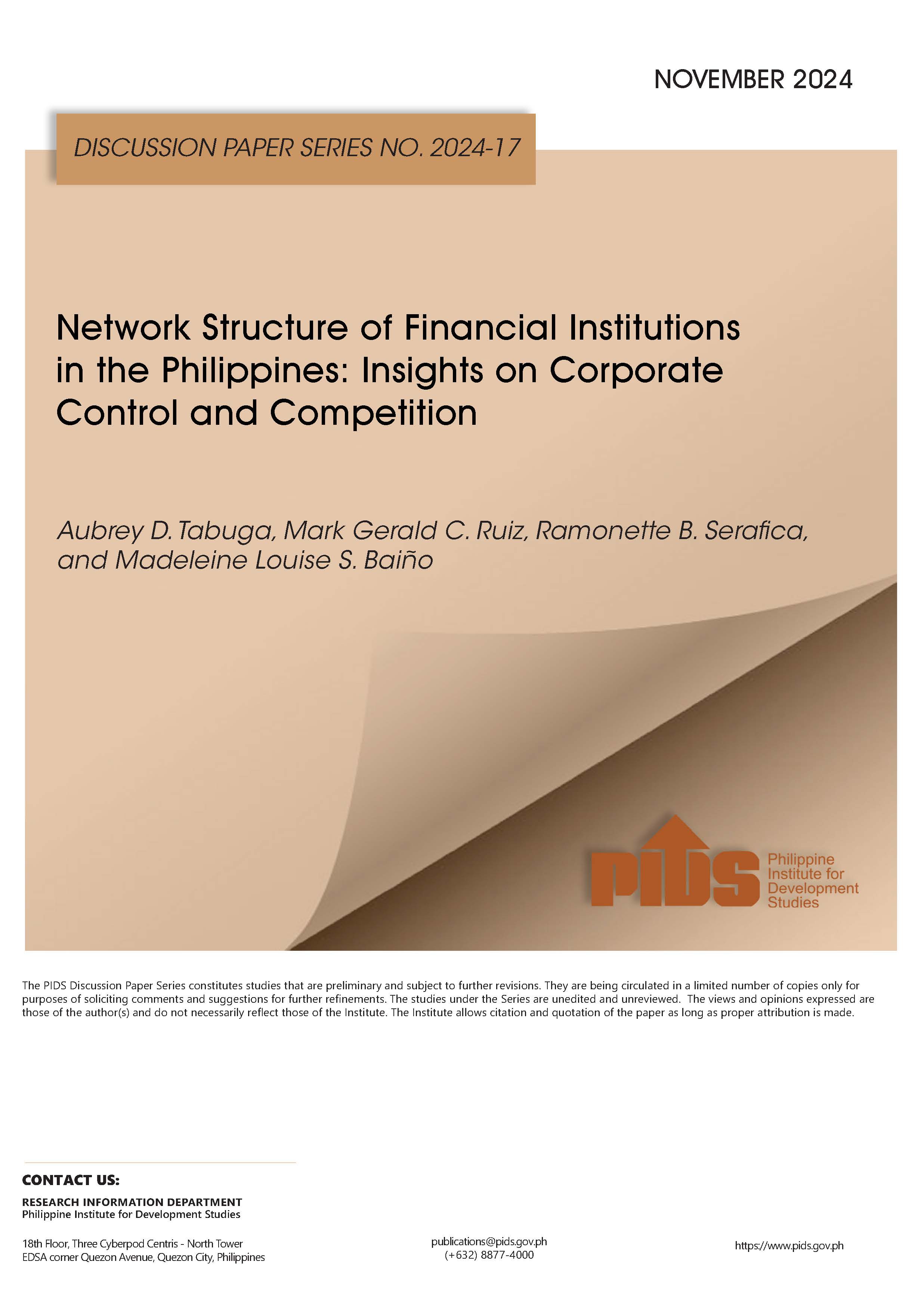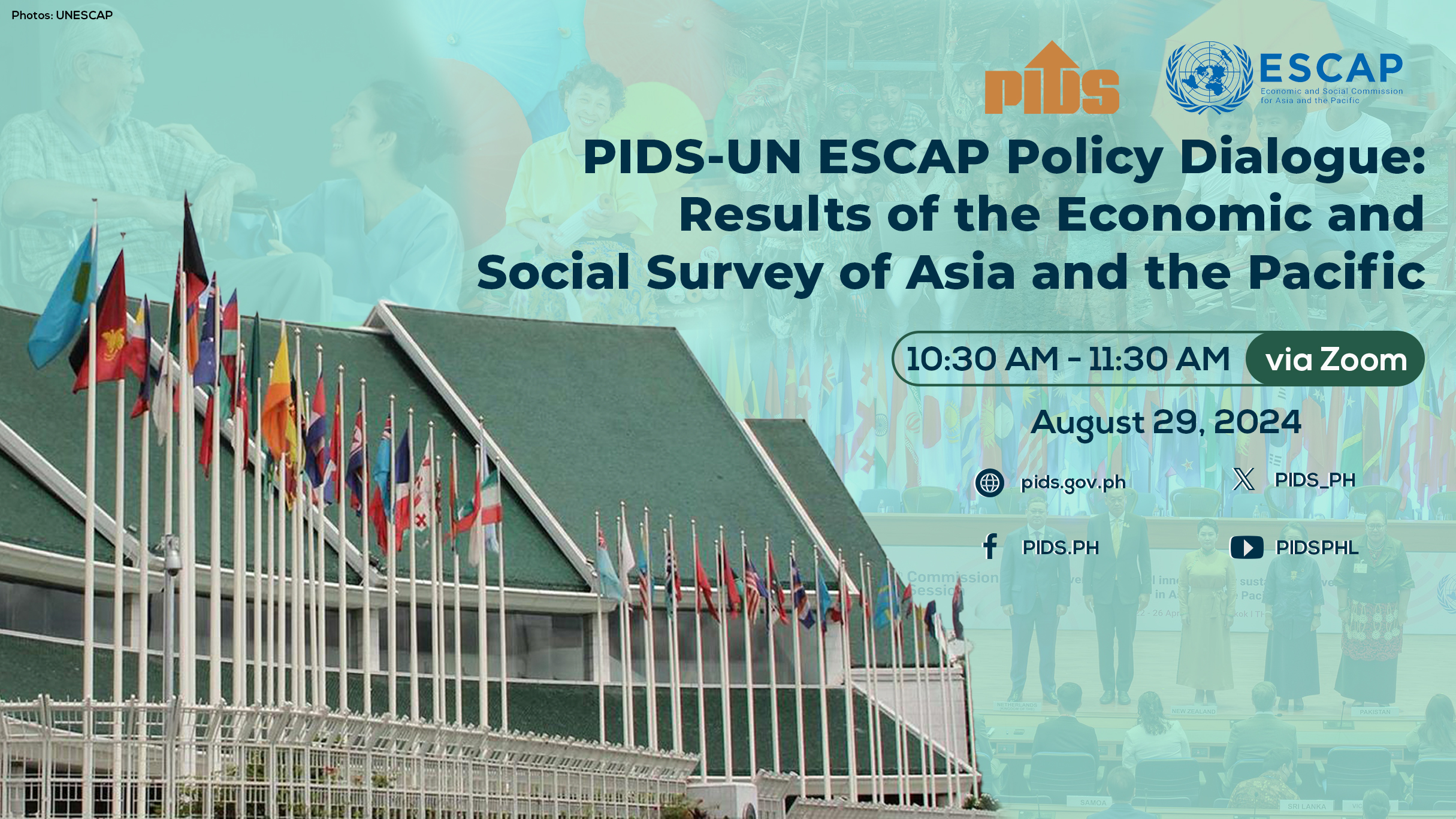MANILA — The Philippine government’s contribution to economic growth this year could face headwinds.
According to the Philippine Institute for Development Studies (PIDS), the country’s gross domestic product (GDP) is likely to grow 6.8 percent this year, faster than last year’s 6.1 percent but lower than the government's target of 7-8 percent for 2015.
The government is scheduled to announce first-quarter GDP numbers next week. GDP is the amount of final goods and services produced in the country and as such measures economic performance.
During the state-run think tank’s annual forum on the Philippines’ growth outlook on Tuesday, PIDS vice president Adoracion Navarro said the domestic economy faces several risks, foremost of which is fiscal constraints on government spending.
"We expect a decline in revenues in oil importation. There will also be a general decline in the Bureau of Internal Revenue's (BIR) revenues because of the tax exemption on de minimis benefits and higher tax exemption ceiling on 13th month pay," Adoracion said.
"These will have serious implications on government spending on infrastructure and social services," she added.
To recall, government spending slowed last year after the Supreme Court declared legislators’ pork barrel funds as illegal, as well as parts of the Aquino administration’s Disbursement Acceleration Program (DAP).
Hans Sicat, president of the Philippine Stock Exchange, said the BIR’s aggressive campaign to boost tax collections has its downside.
"The sad fact is that our tax authority has decided on its own to be doing illegal moves by changing in midstream how it interprets various regulations," Sicat said.
"A lot of institutions have filed cases against the Bureau of Internal Revenue. This is not actually good policymaking on the side of the fiscal authority. That’s not the way to run fiscal policy in this country," he added.
Besides government spending, Navarro said the fate of the Philippine economy would also depend on global demand, the return of the El Nino dry spell, as well as lingering domestic infrastructure bottlenecks.
Philippine think tank warns of fiscal constraints to economic growth












